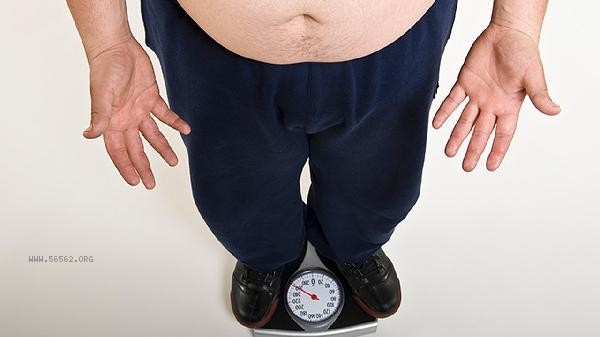Eating within 8 hours can help with weight loss, but it needs to be judged comprehensively based on dietary structure and calorie deficit. The 8-hour diet method reduces calorie intake by shortening the eating time, and the effect is more significant when combined with low calorie and high nutrient foods. If you consume too much high calorie food within 8 hours, it may still lead to weight gain. The 8-hour diet is a form of intermittent fasting that creates a calorie deficit by limiting the daily eating window to 8 hours and fasting for the remaining 16 hours. The human body accelerates fat breakdown to provide energy on an empty stomach, while increased insulin sensitivity helps reduce fat accumulation. Choosing high protein and high dietary fiber foods such as chicken breast and broccoli can prolong satiety and avoid hunger during fasting periods. Combined with moderate aerobic exercise such as brisk walking and swimming, it can further promote fat metabolism. Long term persistence may improve metabolic syndrome indicators.

Some people may have uncomfortable symptoms such as hypoglycemia and dizziness. Pregnant women, patients with diabetes and patients with digestive system diseases should use it with caution. The 8-hour diet may lead to muscle loss, and it is necessary to ensure a daily protein intake of 1.2-1.6 grams per kilogram of body weight. Excessive restriction of eating time may lead to overeating, and it is recommended to gradually shorten the eating window. Individuals with significant metabolic differences and larger body weight have more pronounced initial effects.

The implementation of an 8-hour diet requires monitoring of physical reactions, and timely adjustments should be made if symptoms such as palpitations and fatigue occur. Maintain a daily water intake of at least 2000 milliliters, and during fasting periods, drink sugar free tea or black coffee. Suggest combining 2-3 sessions of resistance training to maintain muscle mass, and arranging 1-2 days of normal diet per week to avoid metabolic adaptation. After stabilizing the weight, gradually transition to a 10-12 hour eating window and establish a sustainable dietary pattern. The weight loss effect is closely related to sleep quality and stress management, and it is necessary to ensure 7 hours of high-quality sleep per day.










Comments (0)
Leave a Comment
No comments yet
Be the first to share your thoughts!